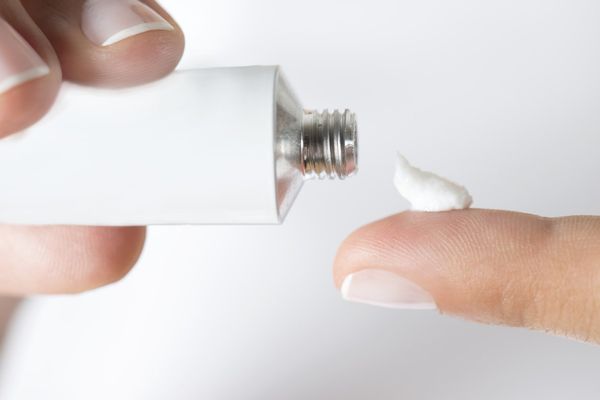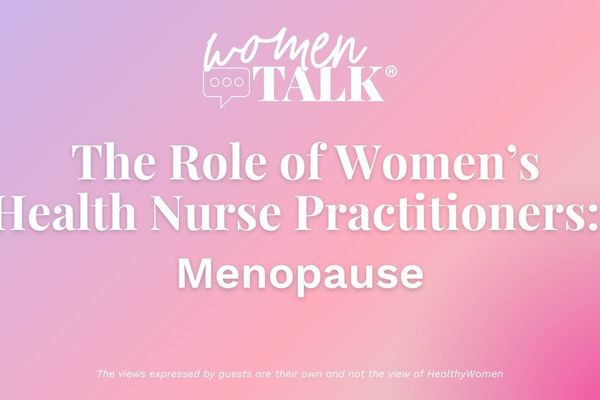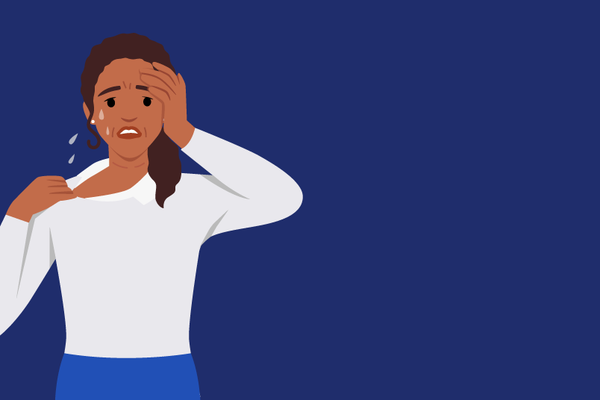How do you cope with hot flashes that leave you drenched several times a day, vaginal dryness that keeps getting worse, mood changes that drive you crazy and other symptoms related to menopause approaching? The answer for many women is hormone therapy, but if that's not appropriate for you, what choices do you have?
You may hit the drugstore, looking for "natural" remedies like black cohosh, valerian, vitamin E and soy supplements that, you think, don't have any side effects or health risks yet work just as well as hormone therapy at relieving menopausal symptoms.
Hold on. Before you pull out your charge card, take a few minutes to understand the reality behind the "alternative" options you've just dropped into your shopping cart.
Probably the most important thing to keep in mind is that "natural" is a marketing term, not a medical term. Just because a drug or supplement is labeled "natural" doesn't mean it's any safer than a drug or supplement created in a laboratory. In fact, there is usually more evidence of a pharmaceutical drugs safety than an over-the-counter product made from soy or herbs.
That's because pharmaceutical manufacturers must submit to strict testing to receive approval from the U.S. Food and Drug Administration (FDA) to market their drug. Additionally, the FDA closely monitors all manufacturing to ensure purity and tracks distribution to prevent counterfeiting.
Herbs, vitamins and other such products are classified as nutritional supplements and are not required to prove their effectiveness or safety before being marketed. Additionally, the FDA doesn't monitor manufacturing of these products; quite often, independent monitoring agencies find that the product doesn't even contain the amount of active ingredient promised on the label.
So you need to do some research on your own. One good place to check is Consumer Laboratories Inc., which independently tests supplements, providing information on hundreds of brands on its site, www.consumerlab.com.
Also look for products produced under good manufacturing practices (GMP), regulations that describe the methods, equipment, facilities and controls required for producing quality products. National Nutritional Foods Association, an industry trade group, operates a GMP certification program that includes inspections of manufacturing facilities to determine whether they meet specific performance standards, including staff training, cleanliness, equipment maintenance, record keeping and receiving of raw materials. Once certified, manufacturers can then use NNFA's GMP seal on their products.
Some herbal and nutritional therapies could interact with prescription drugs you're taking, so make sure you tell your health care professional about all medications you're taking, no matter how innocuous you think they might be.
Finally, you may want to do some of your own research about the effectiveness of alternative therapies to manage your symptoms. A good place to start is the National Center for Complementary and Alternative Therapies, which has a special section on menopause (www.nccam.nih.gov/health/menopauseandcam).







